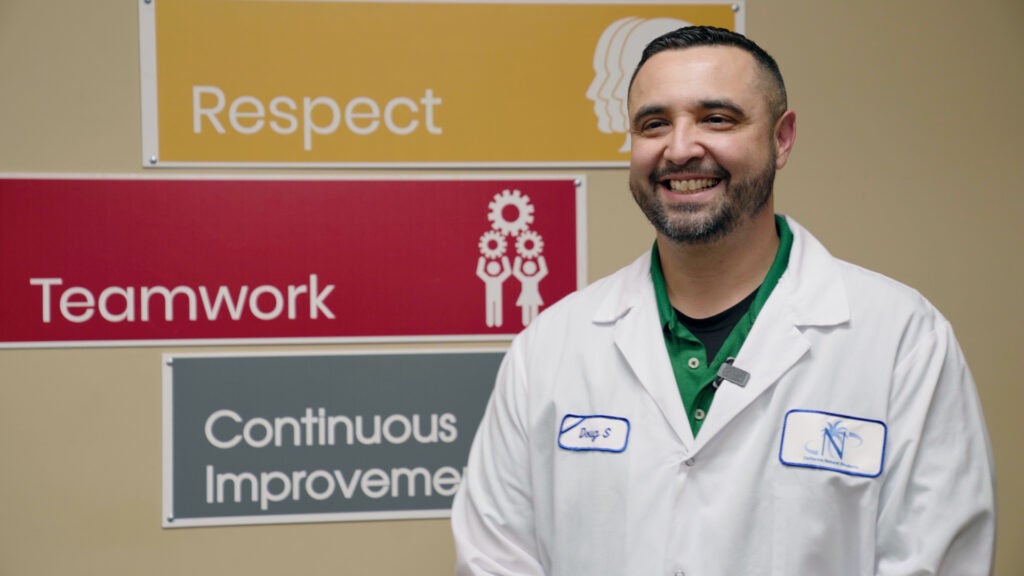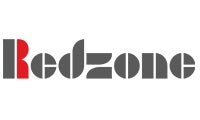
The story of California Natural Products (CNP) began in 1980 on Pat Mitchell’s family farm in Northern California. Since its inception, the company has been committed to delivering nutritious and high-quality products at competitive prices, from aseptic dairy beverages to its patented rice milk and rice syrup. Today, CNP products have spread from its West Coast home all the way across the United States into supermarkets and stores nationwide.
Yet, despite this, it is not immune to the challenges affecting its competitors in the food production and F&B industry, namely a severe shortage of labour that desperately needs to be addressed.
Most notably, the manufacturing sector is facing a labour crisis that CNP, as a company that produces its own beverages, must tackle head-on. Doug Strach, Plant Manager at CNP, describes this issue as “the million-dollar question”– no surprise given that the National Association of Manufacturers (NAM) has predicted that the manufacturing skills gap could result in 2.1 million unfilled jobs across the US by 2030.

“I think the manufacturing world has gotten a little comfortable,” admits Strach. “I really feel [manufacturers have] left the status quo too long. For us, as a business, as an organization, as a senior leader, [we’ve been asking] what is the status quo? And how do we change it?”
Key in the drive to retain staff, and attract new ones, is “listening to people and understanding”, says Strach. But CNP’s manufacturing process is on a huge scale and requires careful control, making reckoning with a labour shortage even more difficult.
“We have the capability here in our facility to make rice syrups or bases, rice bases, soy bases – a lot of different types of material to use in food service,” explains Strach. “We also have our aseptic manufacturing facility, with 13 lines [producing] Tetra-pack. We run several different formats of packaging, all the way from 200 millilitres to a one litre brick, and everything in between.”
Effective learning tools
Faced with these challenges, CNP had to find an innovative solution. Enter Redzone, a connected workforce solution provider dedicated to giving manufacturers the tools they need to unify their workforce while maintaining, and even exceeding, production levels.

CNP made use of Redzone’s Learning solution, which enables frontline employees to grow their skillsets and progress their careers on the shop floor and beyond. Through multimedia technology, including video, and digitalisation, Redzone has helped to train new CNP staff, expose them to a variety of training opportunities, and empower them to give feedback to their managers.
Redzone’s technology elevates employees by letting the staff be the stars of instructional videos. “It’s a whole other thing to empower [workers] and say, ‘We’re going to make you a video star of the plant, and we want to recognize you as a subject matter expert for whatever processes that we are needing to develop for the future,” Strach notes. “That’s been a huge investment and a huge initiative for us as a company and as a business. It’s really taken off like fire, and I’m proud of it.”
Strach goes on to point out that this increased employee engagement has come about with minimal intervention from leadership: “it really is just supporting the team and letting them run with it, giving them the tools to succeed.”
Another initiative CNP has introduced is more face-to-face time for staff, reducing the hours spent wrapped up behind a computer screen and instead putting the focus back on human interaction. Workers are encouraged to attend a larger number of meetings, some involving walks around the floor. The management team have been getting involved too, taking up tasks alongside their employees such as line-cleaning and taking out rubbish.
These efforts from senior executives have not been unappreciated by the CNP workforce. “I think [such changes are] critical to re-energize their engagement and let them know [that] we do care,” says Strach. “We run a business, and we have to have goals. At the same time, though, I think it’s important to let them know that we’re connected and we’re in it too – we will sacrifice some of the time that we [would use to] send emails and sit in a meeting to come out here and show you that we care as well.”
When it comes to retaining a workforce, Strach says CNP’s new strategy is all about “driving engagement [and] driving smiles on people’s faces. If we don’t have a happy employee, we’re not going to have a happy product, and we’re not going to have a happy consumer.”
This might be easier to attain for a large corporation such as Google or Apple, he adds, highlighting that for smaller and medium-sized enterprises, resources are more limited, and time is precious. But that does not mean it isn’t worth investing in schemes to boost staff engagement.
“When you get an unhappy employee, your environment is going to be unhappy – productivity drops, your relationships struggle, your frontline leadership struggles,” he explains. “It’s just a domino effect that is very hard to manufacture in.”

When implementing Redzone, CNP was all about connecting it with the humans on the line. Through the Redzone system, staff can easily notify management if an area they’re working in is too hot, or if a phone has broken, and within an hour a maintenance technician can be there to rectify the problem. Senior staff can also send messages of encouragement and praise to workers on the frontline so they can feel more integrated with the company.
For Strach, the Redzone solution “really is focusing on trying to get to that upside down organization, where the biggest piece of your triangle is up top with the people.”
“It’s been an avenue for voice,” he says. “To be honest, the frontline employee does not like writing standard operating procedures, they don’t like writing work instructions – that’s just not their thing. There’s a reason why they want to work in the factory, but they do want to be heard, and to be recognised.”
For CNP, then, the partnership with Redzone has been fruitful and continues to generate positive results amongst workers. CNP hopes in the long term this initiative will keep people in manufacturing and potentially attract new staff to fill the gaps in the workforce that are so urgently needed.
After all, employees are key to any company wishing to maintain product standards moving forward. As Strach says, “the people are the most important thing you have in your building. They’re the ones that are going to drive reliability.”
For Richard Tester, CEO at Redzone, this kind of response is confirmation that the company’s learning technology works seamlessly and effectively for manufacturing employees and employers alike. “We are delighted with the results that Doug and the CNP team have experienced. Our clients find the Learning module to be intuitive and easy to use, but it also plays a bigger part in terms of staff retention and happiness on the factory floor,” he says. “With the industry facing such intense labour challenges, we are very happy to contribute towards helping frontline teams to stay engaged, motivated, and feel like they are making a positive difference.”
Download the report below to learn more


